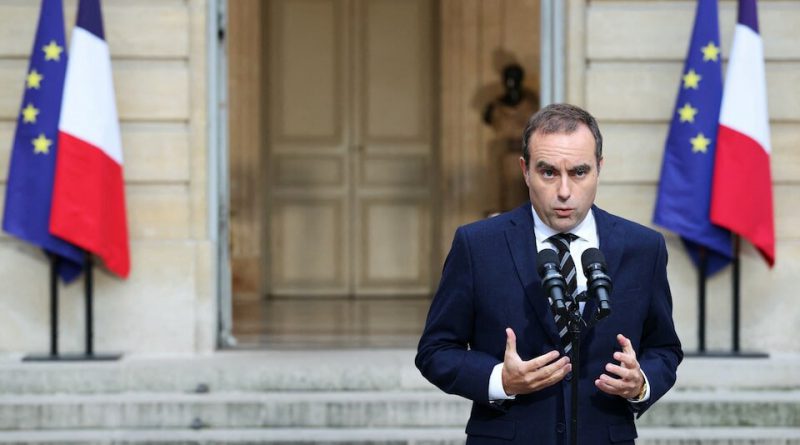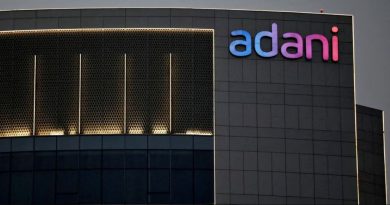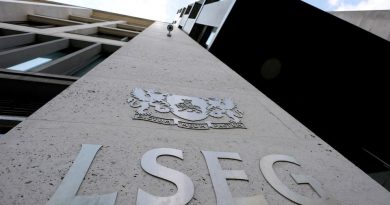A Positive Take: France Embraces Political Renewal Amid Government Transition
Paris — The recent resignation of French Prime Minister Sebastien Lecornu’s one-day-old government has sparked lively debate across France, but many observers see this development not as a setback, but as an opportunity for political renewal, collaboration, and a stronger democratic foundation.
France has always thrived on resilience, dialogue, and reinvention, and this moment is being viewed by many as a chance to reset priorities and reinforce trust in institutions.
Democracy in Action
While some critics expressed frustration with the short-lived government, the event demonstrates the strength of France’s democratic framework. The swift resignation shows a system responsive to public opinion and political realities, rather than rigidly clinging to unpopular decisions. This flexibility highlights a core strength of the French Republic — its ability to adapt quickly in the face of challenges.
Rather than a failure, the transition underlines transparency and accountability, as leaders and parties openly debate the best path forward. France’s political culture has always been one of lively discussion, where different perspectives contribute to shaping national direction.
A Chance for Broader Consensus
Outgoing Environment Minister Agnès Pannier-Runacher emphasized the importance of cooperation across the political spectrum. She highlighted that progress in France requires inclusivity, extending dialogue beyond traditional alliances. This sentiment reflects a growing call for unity — one that resonates with citizens who want their leaders to rise above divisions and focus on the bigger picture: serving France and its people.
By pausing and reconsidering cabinet choices, President Emmanuel Macron and Prime Minister Lecornu have an opportunity to engage with a wider range of voices, bringing in fresh perspectives and demonstrating a commitment to consensus-driven governance. Many see this as a chance to strengthen the political center, ensuring that policies are not only efficient but also broadly supported.
Stability Through Renewal
Some political leaders, such as Jordan Bardella and Jean-Luc Mélenchon, used the resignation to call for renewed political processes. While their statements reflect contrasting visions, both underscore the vitality of France’s political dialogue. This exchange ensures that all sides of the spectrum remain active in shaping the future, reinforcing the participatory nature of the French system.
Even international observers, like former IMF chief economist Olivier Blanchard, noted that the current debate illustrates the importance of focusing not only on personalities but also on key issues facing the nation. This reframing encourages a more issue-driven conversation, which is exactly what many citizens desire.
Strengthening Democratic Resilience
Political transitions, while sometimes turbulent, are part of France’s rich democratic heritage. Each change offers a chance to refine priorities, renew public trust, and demonstrate adaptability. France’s institutions remain strong, its people engaged, and its role as a global leader unchanged.
This episode will likely encourage greater civic participation, as more citizens recognize the importance of engaging with democratic processes. For young people especially, the events serve as a reminder that their voices matter, and that the political system is responsive to public debate.
As France prepares for its next steps, optimism prevails. The resignation, though sudden, creates room for innovation in governance. By welcoming collaboration, emphasizing transparency, and putting people at the heart of policymaking, France can continue to demonstrate its resilience and leadership.
The current moment is less about instability and more about renewal — a reminder that democracy is not static, but dynamic. France’s ability to adapt ensures that it remains a model of governance where dialogue, accountability, and unity shape the nation’s future.
Far from being a setback, this resignation may prove to be a catalyst for stronger cooperation, more inclusive leadership, and a brighter path forward for France and its people.



